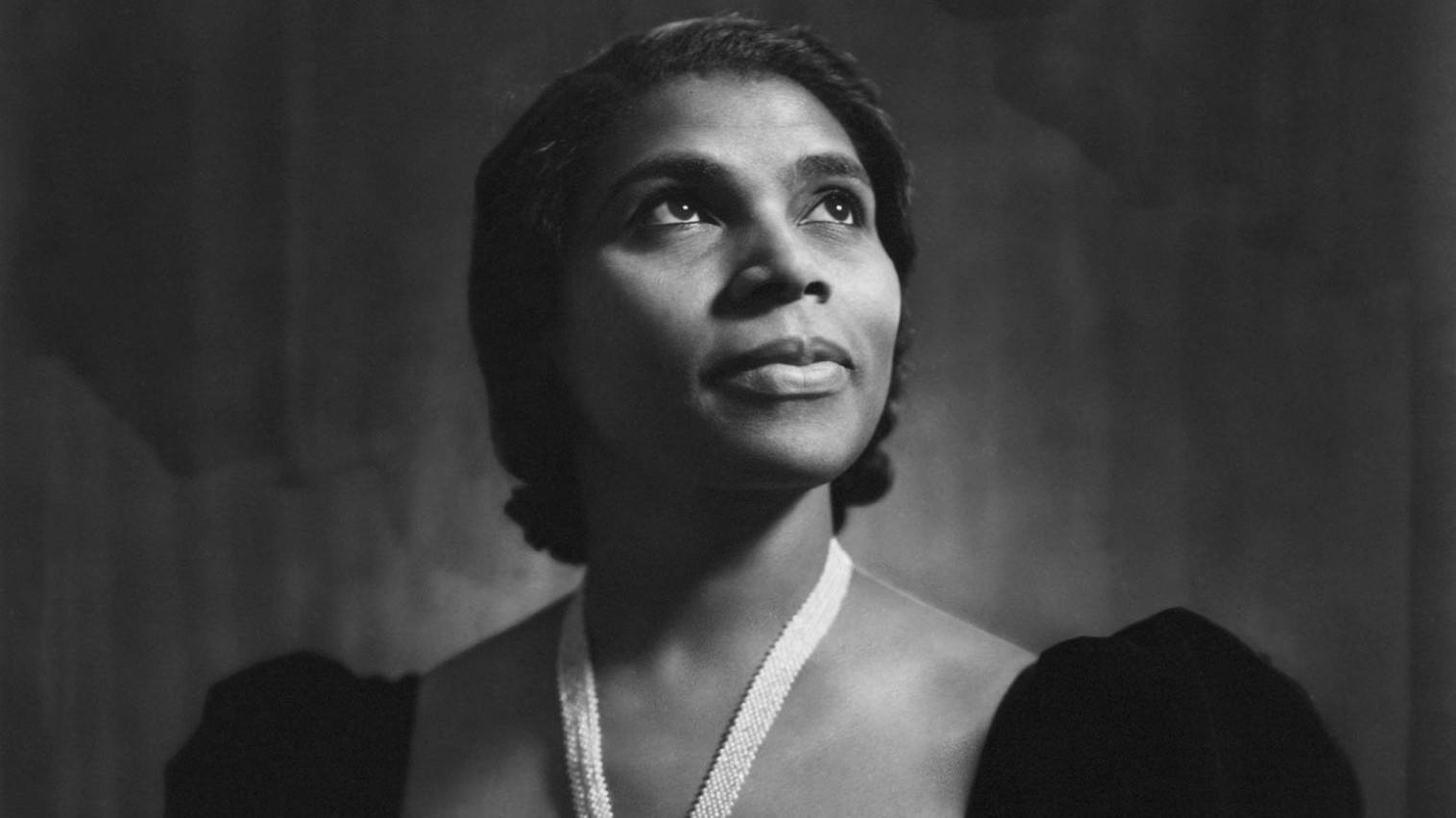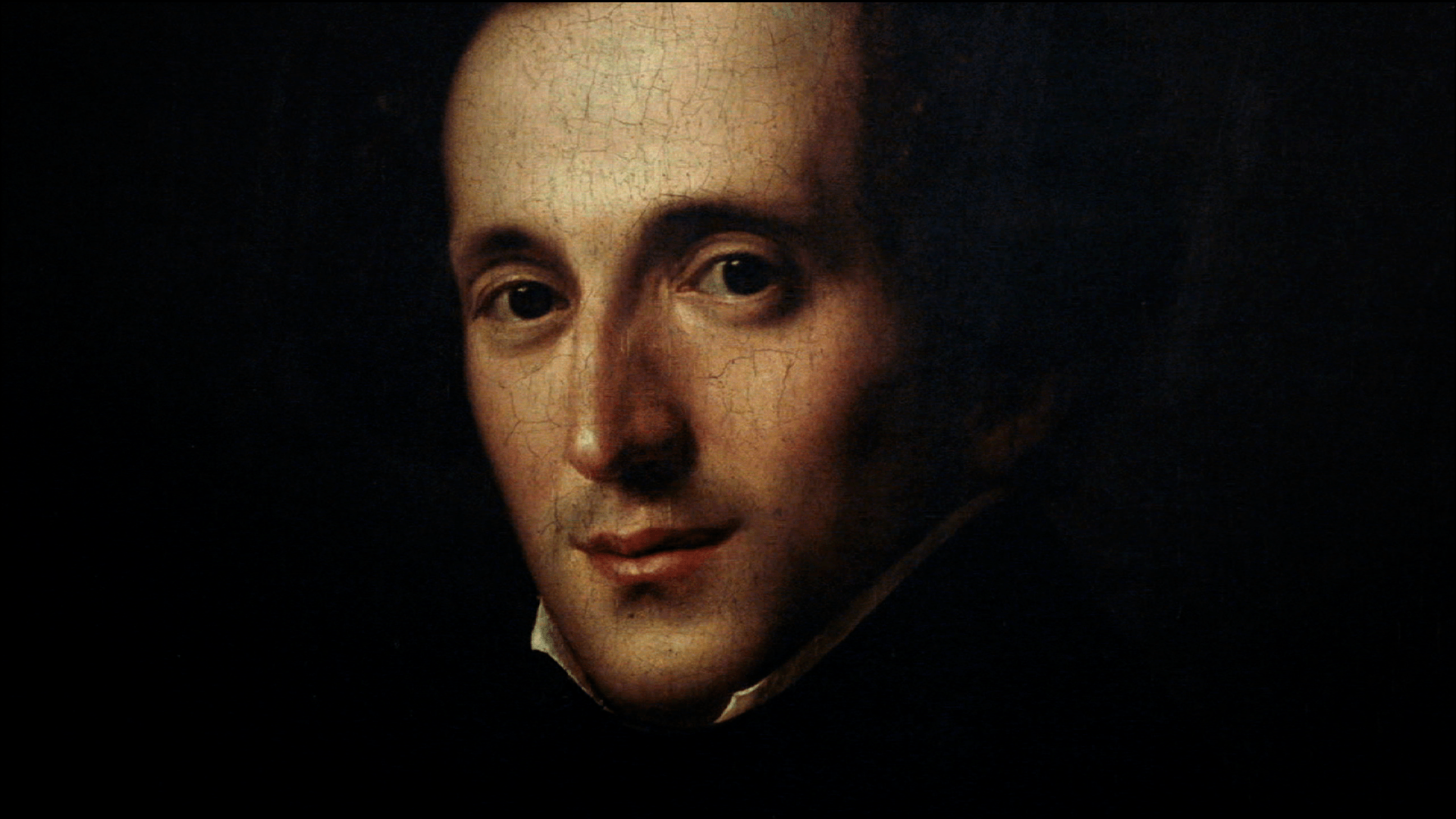Samuel Barber’s Piano Concerto: Straddling the Tonal Precipice
Samuel Barber’s Piano Concerto, Op. 38 is lushly cinematic. It is an exhilarating drama between two dueling titans—the brazen, summit-scaling solo piano and the twentieth century orchestra, with its vast sonic power. The Concerto’s expansive Neo-Romantic lines straddle the precipice between tonality and serialism. The music never loses its tonal bearings, yet it often ventures far into a tumultuous chromatic sea. The legendary American music publisher G. Schirmer commissioned Barber to write the …







